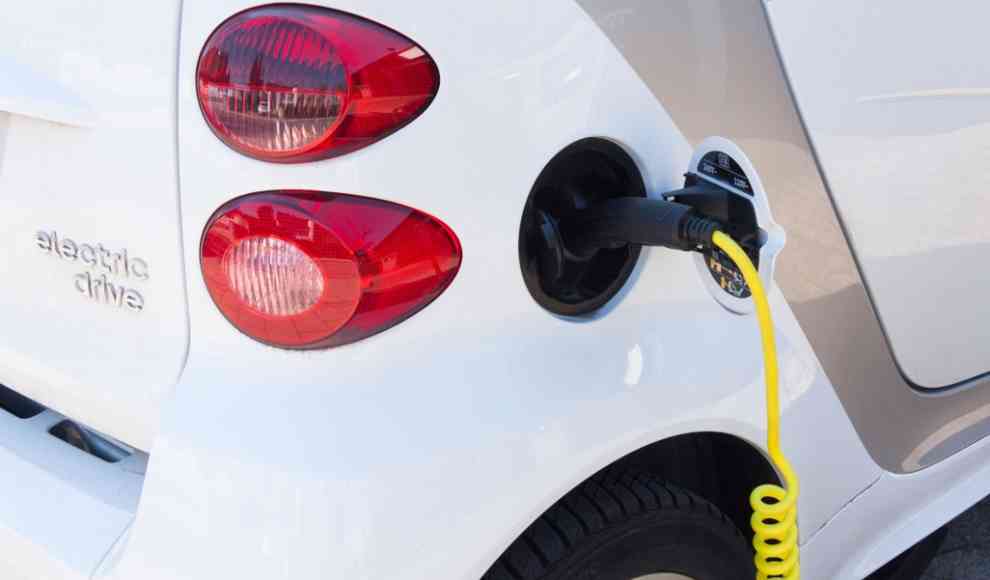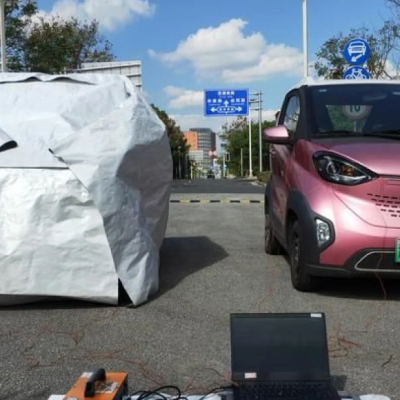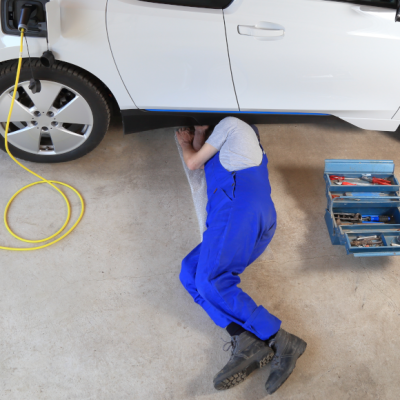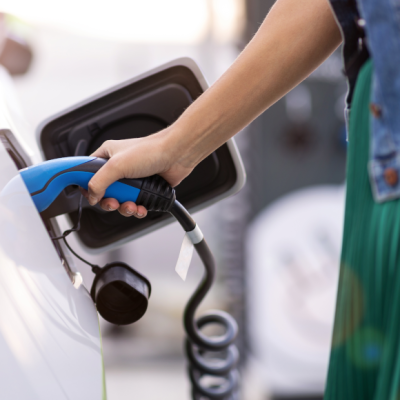A new battery technology called Spatial Atom Layer Deposition (SALD) has been developed by a collaboration of Dutch and German scientists. The technology is expected to significantly increase battery capacity and reduce charging time, potentially allowing electric cars to travel over 2,000 kilometers on a single charge. Current electric cars have a range of around 600 kilometers under optimal conditions, which is significantly less than petrol or diesel cars. The new technology is expected to reduce the weight of batteries and shorten charging times. SALD allows for the creation of coatings that are as thin as a single atom, which can be used more efficiently in battery production. The technology also reduces the use of materials such as cobalt, nickel, and manganese.
The SALD technology is a development of the existing Atomic Layer Deposition (ALD) process, which was invented in 2008 and is mainly used in the production of computer chips. The SALD process is five to ten times faster than the ALD process, making it more suitable for battery production. The scientists have also developed a compact production machine that can be used to produce small batteries that can be integrated into clothing. However, the main focus of the technology is on electric vehicles. The CEO of SALD BV, Frank Verhage, expects the technology to be commercially available by 2022/2023 and is already in contact with several car manufacturers and investors.
According to SALD BV, the new technology could increase the range of electric cars to over 1,000 kilometers initially, with the potential to reach over 2,000 kilometers with larger battery packs. The company also claims that the charging time could be reduced to just ten minutes for 80% charge or 20 minutes for a full charge. The technology has the potential to revolutionize the electric vehicle industry, making electric cars more practical and convenient for everyday use.










